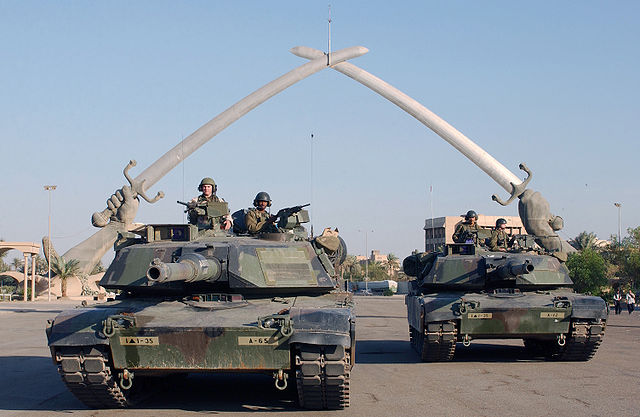Hard Power vs Soft Power
Hard Power and Soft Power are two different approaches that countries use in dealing with other nations. These terms represent important concepts in the field of International Relations, specifically in political relations between states. Hard Power refers to something strong or forceful, such as military or economic power. In contrast, Soft Power is more gentle and subtle.
What is Hard Power?
Hard Power is a coercive approach to international political relations, involving the use of military and economic power to influence or control the behavior or interests of other states or political groups. It is described by Joseph Nye as “the ability to use the carrots and sticks of economic and military might to make others follow your will.” This means that stronger countries can exert influence on weaker states through offering beneficial deals, such as reduced trade barriers or military security, or by using threats, like imposing economic sanctions, trade restrictions, or military intervention.
What is Soft Power?
Soft Power, introduced by Joseph Nye, represents a more subtle form of power. It is a persuasive approach to international political relations, involving the use of a nation’s cultural, historical, and diplomatic influence. Unlike Hard Power, Soft Power is not based on force or coercion. Instead, it is the ability of a state to indirectly persuade others to desire its goals and vision. Nye describes a nation’s Soft Power as being based on its culture, political values, and foreign policies.
Key Takeaways
- Hard Power is a coercive approach, using military or economic power to influence or control other states’ behavior or interests.
- Soft Power is a persuasive approach, using cultural, historical, and diplomatic influence to indirectly persuade others to share a nation’s goals and vision.
- The main difference between Hard Power and Soft Power is the method of influence: coercion in Hard Power and attraction in Soft Power.
